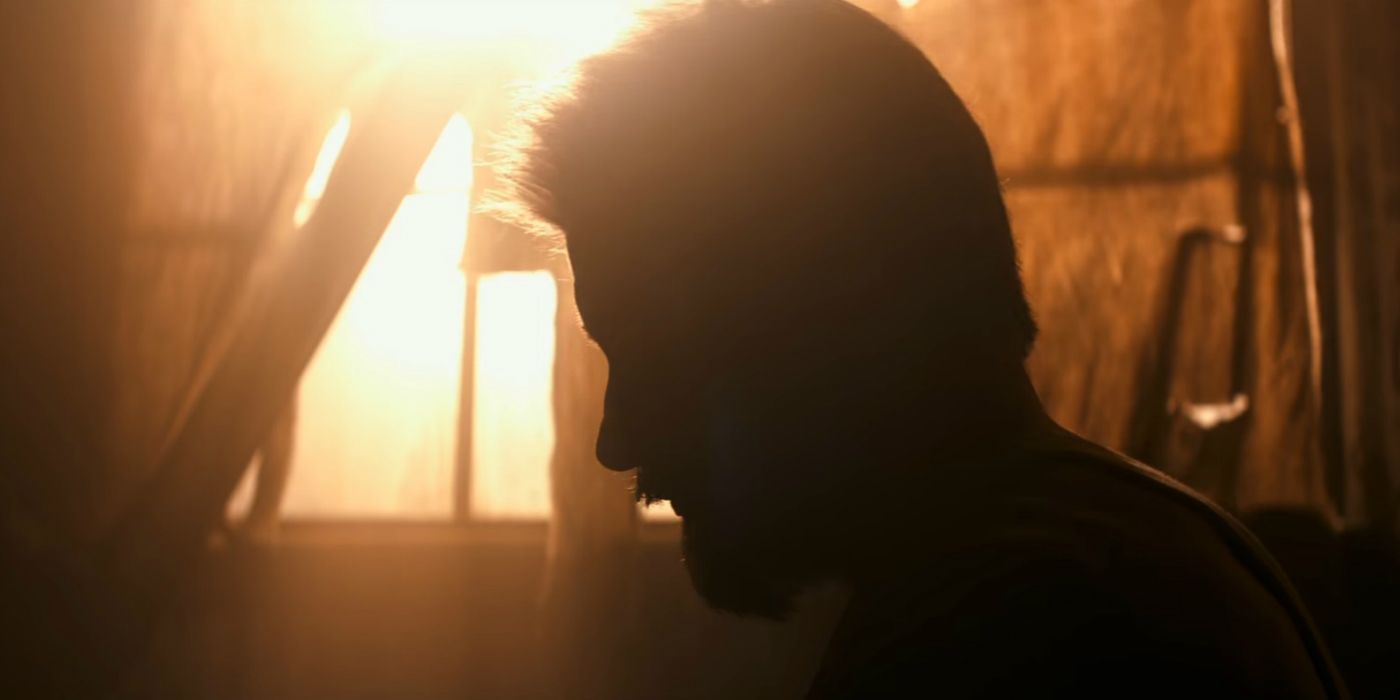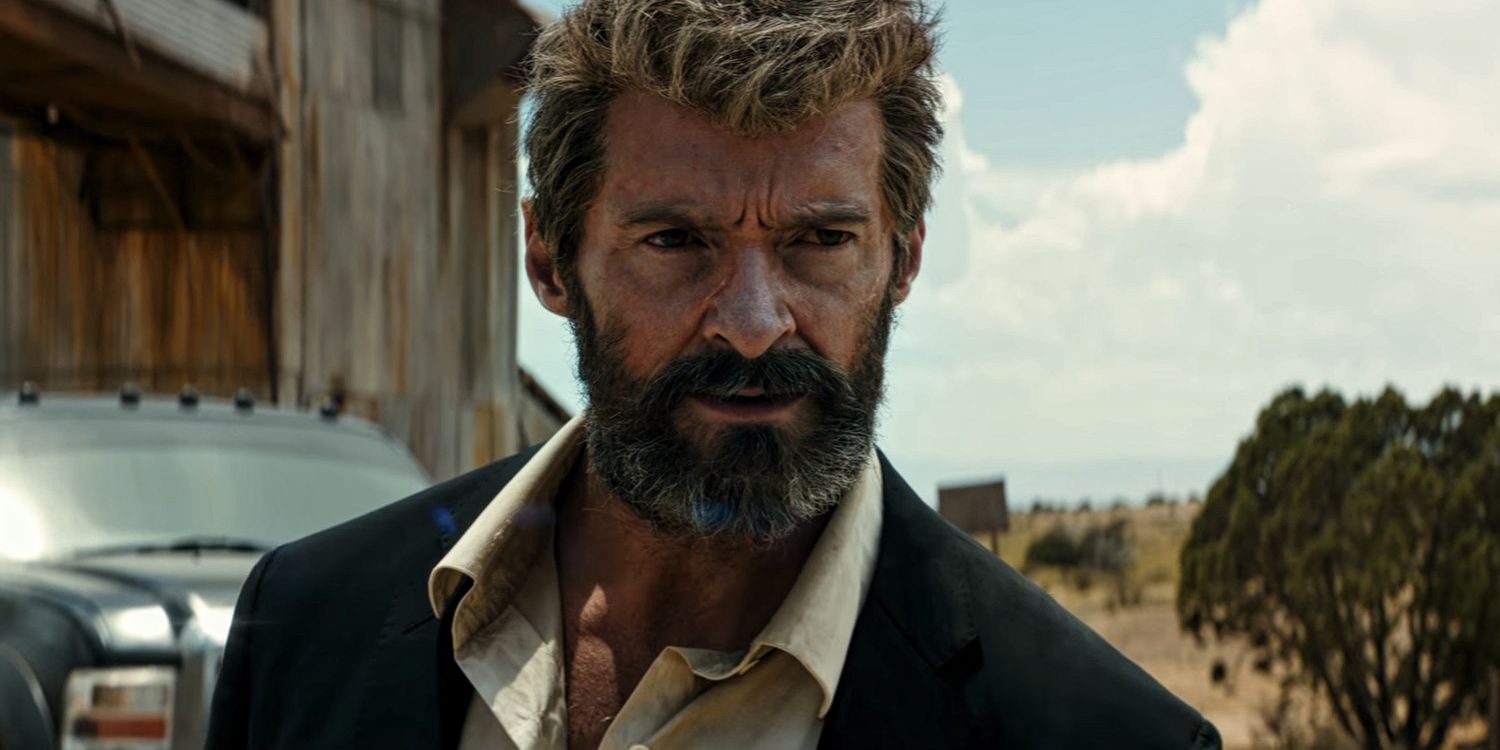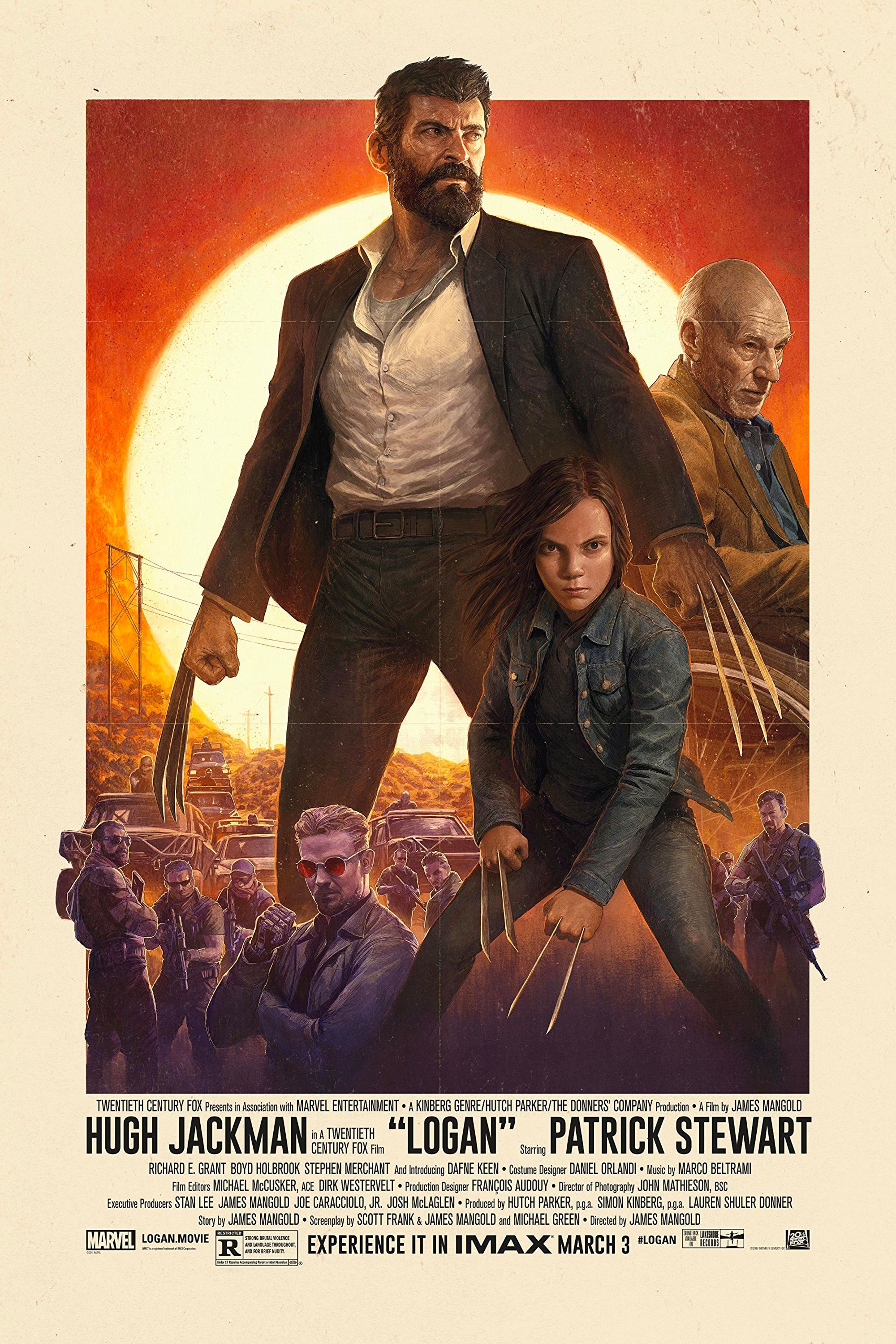20th Century Fox has at last released the first trailer for Logan, the next installment in the X-Men franchise - as well as the (allegedly) final movie that features Hugh Jackman in his career-making role as Wolverine. The Logan trailer has already prompted much in the way of discussion, regarding everything from what the preview reveals about the movie's bleak futuristic setting, to the trailer's powerful usage of Johnny Cash's rendition of the song "Hurt" to reflect where Logan is at, in terms of his physical and spiritual well-being, when the film picks up.
Logan, which revolves around its namesake teaming up with an ailing Professor X (Patrick Stewart) in order to protect a mysterious young girl (Dafne Keen), is seemingly drawing from a variety of comic book sources; the Old Man Logan storyline by Mark Millar being perhaps the best-known example, but also elements of the Uncanny X-Men comics (see the inclusion of the Reavers as villains) and the more-recent Death of Wolverine comics have been seemingly woven into the larger tapestry that is the film here. For his part, Logan director James Mangold says that his approach on the movie was primarily influenced classic film genres and filmmaking techniques... though comic book stylistic elements are certainly part of the X-Men installment's DNA, too.
Mangold collaborated with Empire on a breakdown of the Logan trailer that touches on several aspects of the preview; including, why Wolverine now forms scars from his past injuries, rather than healing them completely. On the topic of the inspiration for his general directorial approach with Logan, Mangold said:
“I don’t so much think about comic-book framings but I think about film noir framings and classic Hollywood filmmaking styles, German expressionist filmmaking style of the early part of the last century, which has a lot in common with comic-book art. Strong foregrounds, playing things in depth: you have to make an image say more within that one image. In modern filmmaking everything’s in close-up, so every scene there’s 150 cuts to keep track of what’s going on with every element. I’m trying on this film to set frames that are, in some way, descriptive and yes, are kind of evocative of comic-book panels and also for me classical filmmaking.”
Jackman and Mangold's first X-Men movie together, The Wolverine, also draws heavily on "film noir framings," at the same time that it takes cues (both visual and narrative) from Chris Claremont and Frank Miller's famous "Wolverine in Japan" comic book storyline. Mangold's approach on Logan appears to resemble to his work on The Wolverine in that respect, seeing as it too draws from "classical" filmmaking techniques - of both the film noir and western variety - in order to create a setting and tone that is as evocative of something like Old Man Logan as it is of Hollywood westerns (and/or more recent neo-western films). Logan itself looks pretty great so far as a result, with the trailer alone featuring a number of shots boasting the "strong foreground" that Mangold was going for.
On top of that, Logan has the advantage of an R Rating: something that could add the extra layer of grit and emotional substance that's arguably been missing from the Wolverine films to date, Mangold's by-and-large solid The Wolverine included. Should the actual movie delivers on all this promise, then Logan could indeed prove to be a special addition to the superhero movie genre, like Mangold and his collaborators clearly intend for it to be.
NEXT: Logan Trailer Breakdown & Analysis
Source: Empire



